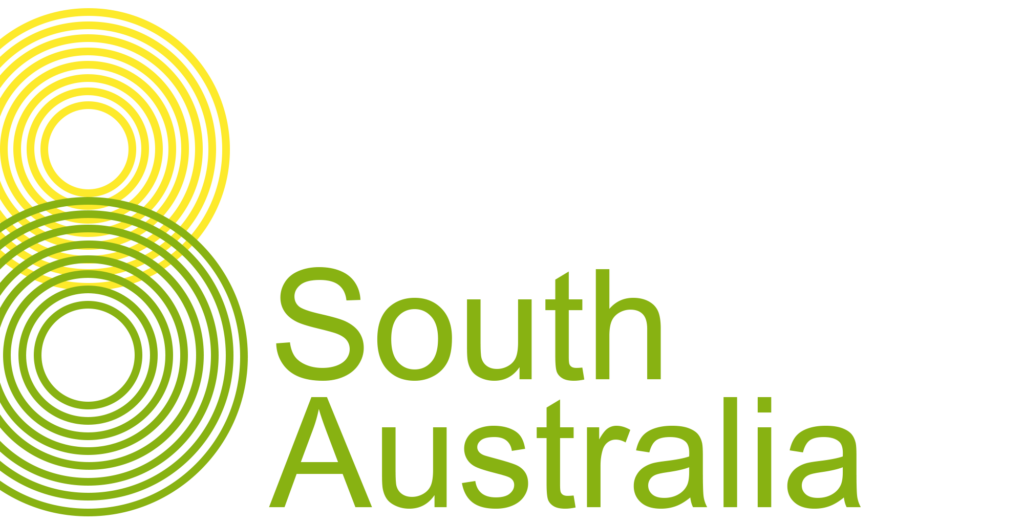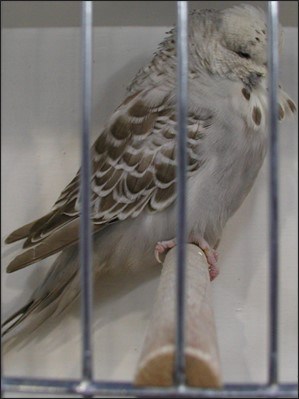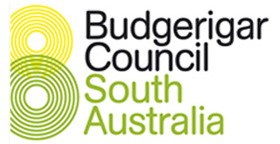
Psittacosis in Budgerigars
Psittacosis is a highly infectious disease that affecting budgerigars. The Chlamydia organism causes psittacosis, which is neither a virus nor a bacteria. The disease is a significant problem as many budgerigars can carry the infection without showing symptoms. These same birds excrete small amounts of chlamydia from time to time. Stress can trigger the disease in carrier birds, which can then pass the infection. Transmission occurs through droppings, feather dust, and nasal discharge. Wild birds, particularly pigeons, can also transmit the infection, causing the disease to transfer to budgerigars.

Psittacosis symptoms in budgerigars range from sudden death to mild nasal discharge, and carrier birds show no symptoms at all. The bird typically displays diarrhea, off-color appearance, and difficulty breathing. This worsens over time, often resulting in death within three to six days of symptoms. A confirmed diagnosis of psittacosis requires testing samples of droppings or from samples from a dead bird at a specialist laboratory.
Confirming or refuting the diagnosis in budgerigars is essential if it is suspected. While waiting for the test results, isolate the birds, and don’t allow anyone to enter the bird room. To reduce the risk of contracting the disease, bird fanciers should wear overalls, boots, and a face mask. Once you confirm psittacosis, you must treat all budgerigars in the aviary with Terramycin soluble powder 5.5%, which is available through your avian vet. The treatment involves adding Terramycin to water and giving the birds the solution for 40 days as the only source of drinking water. Fresh solution should be made every other day.
Treatment Regime for Budgies
After treatment starts, the birds will remain infectious for about ten days and shed Chlamydia during this time. Therefore, the bird room needs thorough cleaning twice during the program. Firstly, about 14 days after treatment has started and again about five days before the treatment ends. Following treatment, the fancier should follow specific rules, including not allowing anyone else into the bird room, not selling or disposing of any birds, not introducing new birds during the treatment, not visiting other fancier’s stud or bird shows, and not participating in bird shows. These rules are necessary to prevent the spread of infection, which can occur through birds or humans carrying the infection on their clothes and person. Psittacosis in budgerigars is a severe disease that requires that fanciers follow a strict treatment and management program to protect both birds and humans.
Transmission to Humans
People typically contract psittacosis by inhaling dust from sick birds’ droppings or respiratory secretions. To that end, transmission can also occur much less frequently when budgies bite, or there is beak-to-mouth contact. The disease can affect anyone who is exposed to the bacteria, but it is more common in adults. People who come into contact with birds (such as owners and people who deal with birds) are more vulnerable. People who have psittacosis may experience fever, chills, headache, muscle aches, difficulty breathing, and a dry cough. Symptoms appear 5-14 days after exposure. People report symptoms that appear after 14 days less frequently.
